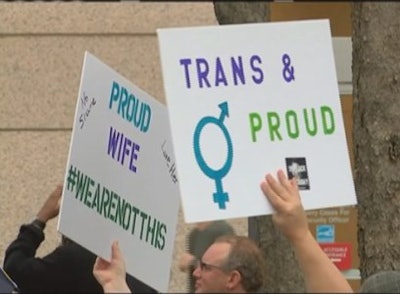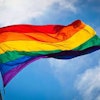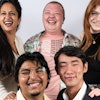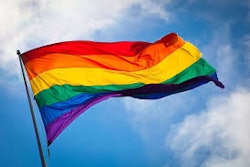
“South Africa has included LGBTQI [protections] into the ordinances of its constitution,” Radebe tells Diverse in a phone interview. “But I’m from a Zulu tribe family, and to some extent there have been some struggles for me to be myself with family. However, coming to the United States, there was this welcoming environment that could actually allow me to be myself.”
Faculty at JCSU connected him with the counseling center on campus, and from there, he immersed himself in LGBTQ activism. Radebe co-founded S.A.F.E. Pride, which he says had grown to a membership of 400 students by the end of his senior year. He also campaigned for the creation of safe spaces on campus.
Creating a dynamic LGBTQ movement was not all smooth sailing, Radebe acknowledges. “You must understand that HBCUs have this problem, where [there] are a lot of Black conservative people from different backgrounds who are not welcoming to the idea of LGBTQ movements on campus,” Radebe says. “And there was nothing, there was no LGBTQI movement on campus.”
HBCUs, however, stand to benefit and attract more students as they become more inclusive of the LGBTQ community, Radebe argues.
Layla Bluefort graduated from JCSU with a bachelor’s degree in 2011 and now works at the university as an adjunct professor, mental health instructor and director of a summer camp program for foster care youth. She says that LGBTQ students are an increasingly visible presence on campus.
“You see that students are feeling more comfortable,” she says in a phone interview. “I’m not sure if it’s just a shift in it being more accepted, but our students I do think are for the most part comfortable if they are part of that population.”















